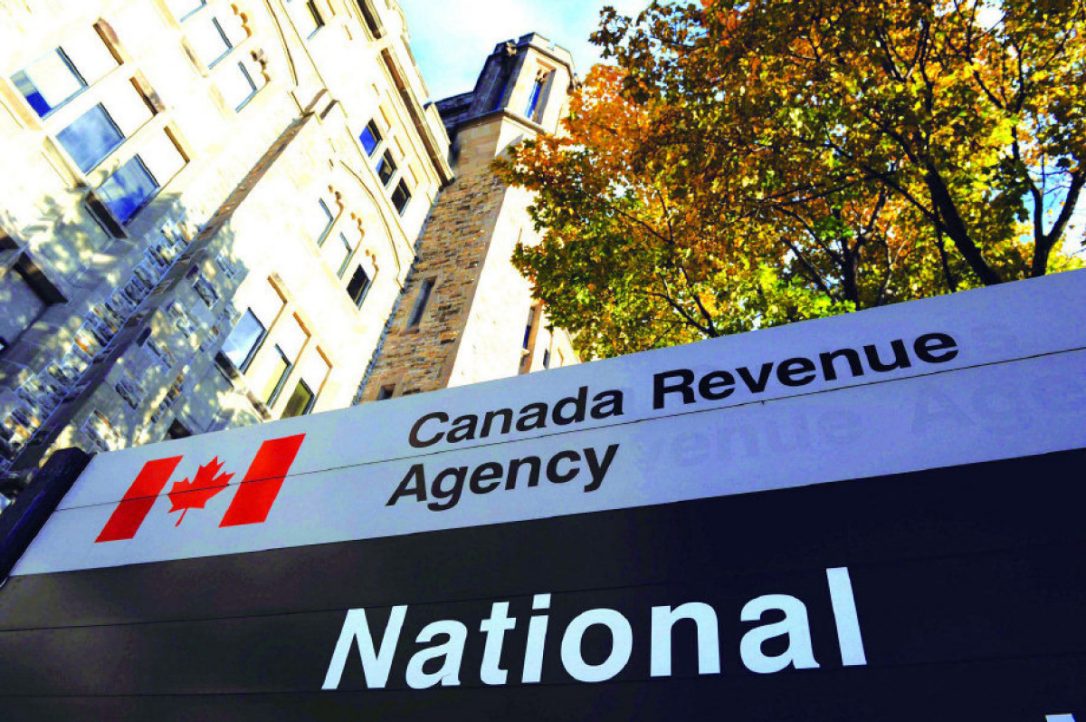The federal government is determined to eliminate any real or perceived income tax bias or benefit that people who incorporate receive versus those who file tax returns as individuals, usually as employees. The assertion is that these incorporated people are getting an unfair benefit at the expense of others.
Several other analysts have gone into the details of what those peculiarities of our rococo tax code have led to for those supposed tax-gamers that earn a higher after-tax income than the rest of us. The Finance Department has proposed to eliminate these exclusions or other oddities, so that incorporated professionals, farmers, and entrepreneurs pay more tax and at rates comparable to employed individuals.
However, it is worth asking if that is really what would happen; i.e. if and once, these changes are made, will the tax-minimizing individuals (according to Ottawa, and the Fairness Police) really end up paying more taxes? Whenever taxes have effectively, or more conspicuously, have been raised usually the top half of tax-filers (the low income people pay little or no income taxes), the tax take has usually not gone up as nearly as much as the mandarins in Finance Department thought they would have; sometimes the tax take is even less.
The tax take does not reliably go up simply because entrepreneurial people (including many professionals and all farmers) find ways to minimize their taxes by engaging in activities that are taxed more lightly, work or invest less, retire, or leave the country entirely – Canada is not the only game in town, and not an irresistible paradise. The US Congress’s draft tax reform has a 25% rate for ‘pass-through’ business income.
The main reasons for incorporating and lowering taxes lawfully are that personal income taxes are steeply progressive in Canada (not ‘progressive’ in the political sense), rising rather rapidly to the top rate at just an upper-middle class income level. Whereas, to encourage capital formation, new ventures, and job growth, and, especially, to compete against low-tax jurisdictions such as Ireland, corporate income taxes in Canada have been declining (except in some provinces).
Hence, it is attractive for many people who work for themselves to incorporate, and thus have a lower top rate; especially on the first half million of ‘profit’. However, when income is distributed to them, either as salary or dividends, they still have to pay taxes at the individual level. When a shareholder receives dividends from an ‘eligible Canadian corporation’, they can use the dividend tax credit, grossing up their dividend income, applying the tax rate to it, and using the calculated credit against their income tax liability – all because the corporation has already paid income tax at the corporate level.
Corporations can also carry forward losses from previous years, to shelter positive income when the company becomes profitable – again, if it is an ongoing concern, or perhaps for the first time, if it is a new venture. All these features help nurture new companies, and the entrepreneurs who found and run them, as they build the small firms into the large employers that, directly and indirectly, create the employee and corporate income that, in turn, is taxed and funds all the government services we use.
It is likely that some people have been overly enthusiastic in exploiting some aspects of the current system. If it is really excessive, then it would qualify as fraud, and can be penalized accordingly under current legislation. To minimize tax finagling, the US proposes a ‘70/30’ rule to ensure most business income going to an owner is taxed at the individual rate. Canada could emulate this.
The real reason people feel compelled to use these quirky devices is that personal income tax rates are now much higher, effectively, than corporate ones, which cannot be raised without risking capital flight or national stagnation. The real ‘villain’ is a greedy government class that is unwilling or unable to live within its means, or realize that they could actually raise more revenue by lowering taxes. Free us all – and leave the wealth generators alone: Lower our taxes!



